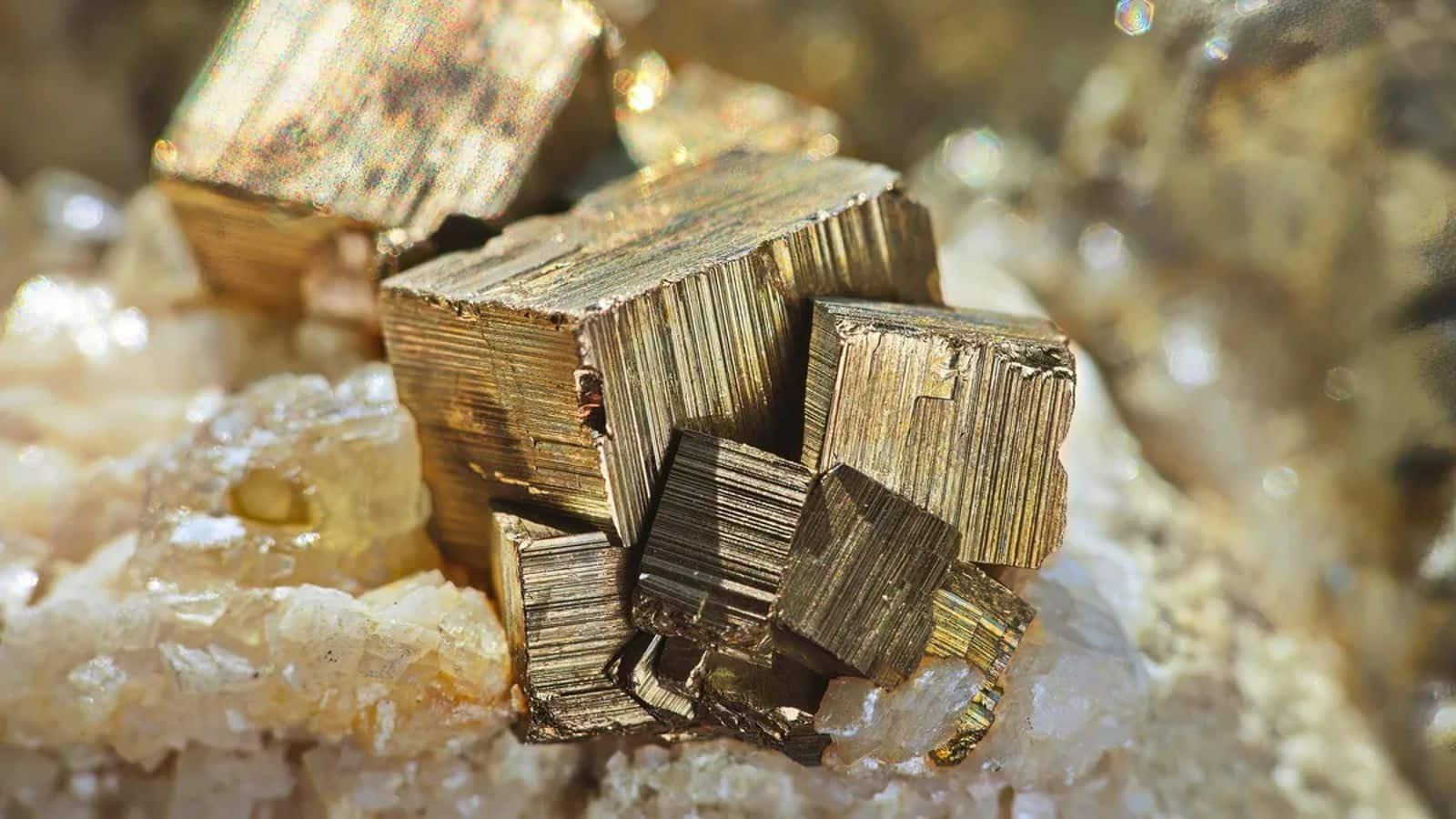
Fool's Gold reveals hidden lithium trace, new study finds
What's the story
In a groundbreaking discovery, scientists have found traces of lithium (necessary for the world's energy transition) in pyrite, also known as Fool's Gold. The research team analyzed 15 rock specimens from the middle-Devonian era, approximately 390 million years old. These samples were collected from the Appalachian Basin in the eastern US, and contained pyrite minerals embedded in shale.
Presentation
Research findings presented at prestigious assembly
The findings were presented at the European Geosciences Union General Assembly 2024. The study's authors stated, "some Li may be sequestered in pyrite in organic-rich shales." They suggested that this discovery could potentially lead to lithium extraction from shale pyrite within the Devonian sequence, only if it is economically viable.
Importance
Lithium's role in sustainable energy solutions
Lithium is a highly sought-after metal due to its use in battery technologies. The global rise in electric vehicle production has led to an escalating demand for lithium. This metal is crucial for powering a wide range of goods, from cars to computers, and is increasingly important for eco-friendly battery tech.
Potential
Pyrite's hidden potential beyond its misleading name
Pyrite, often dismissed as Fool's Gold, has proven its worth beyond its deceptive moniker. In 2021, it was discovered that pyrite could contain real gold. Despite their similarities, pyrite and gold are distinct: pyrite is magnetic with unique geometric structures, while gold is non-magnetic and appears as shiny, smooth nuggets.
Reaction
Lithium in pyrite: An unheard-of discovery
Shailee Bhattacharya, a sedimentary geochemist and co-author of the study, described finding lithium in pyrite as "unheard of." She expressed intrigue over "how lithium and pyrite could be associated with one another." Bhattacharya also cautioned against drawing broad conclusions about a correlation between lithium abundance and pyrite, based on this single study.